Justin Sutherland is standing still, if only for a moment, as the crowd gathers at Grand View Lodge in Nisswa, Minn. The chef and TV host travels widely, but he’s in his home state to open his latest restaurant, Northern Soul Smokehouse, at the popular resort about 150 miles northwest of Minneapolis. After speeches, Sutherland and his business partners step up to the long, blue ribbon and make the cut with oversized scissors.
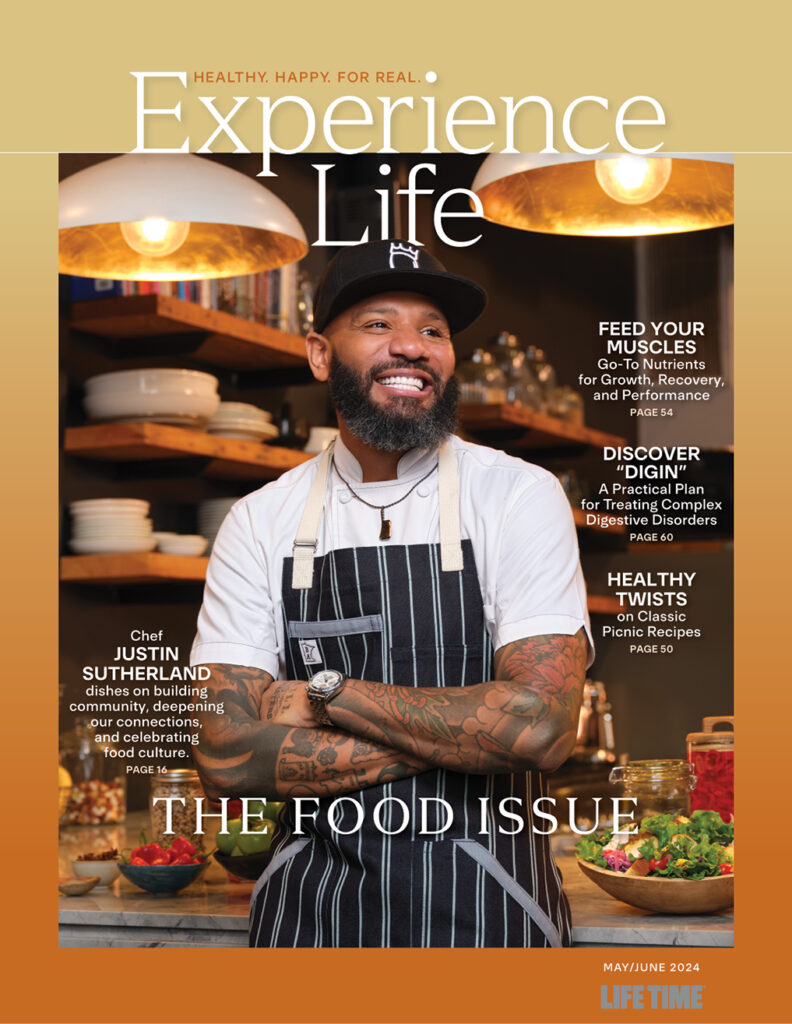 Soul food in northern Minnesota? In a town that’s 95 percent white, 3.24 percent multiracial, and 1.16 percent Black? You betcha.
Soul food in northern Minnesota? In a town that’s 95 percent white, 3.24 percent multiracial, and 1.16 percent Black? You betcha.
For the former Top Chef contestant, Iron Chef America winner, and Fast Foodies cohost, home has never been limited to one culture. Growing up in a Minneapolis suburb, Sutherland developed a love of food from a young age, introduced to his Japanese grandmother’s somen, his Norwegian grandfather’s lefse, and his African American grandparents’ soul food and barbecue recipes.
“Forget math — food is the universal language,” he writes in his cookbook, Northern Soul.
“I have a grandmother from Japan who moved over here during the Korean War speaking zero English, at a time when the United States had no relations with Japan,” he says. “She was told, ‘You can’t teach your family about Japan; you can’t speak the language; you’re American now.’ And she was terrified to teach my mom and my aunts and uncles — her kids — anything about her culture.”
Food was the gateway to her story, he recalls, and as he followed his grandmother around her kitchen, he discovered how food culture is really about connection — to our past and to one another.
“Food is so much more than a means to an end
— so much more than sustenance.”
After graduating from Le Cordon Bleu in Atlanta, Sutherland returned to Minnesota and worked his way up from a line cook to chef de cuisine at a James Beard Award–winning restaurant. In 2016, he opened his first place, Handsome Hog. In 2020, as other restaurants were shuttering during the pandemic, he moved Handsome Hog to a larger venue with a patio where he could continue operating. (Sutherland recently stepped away from Handsome Hog and is focusing on Northern Soul and his other venture, Big E.)
As difficult as the pandemic has been on the restaurant industry, it has also illuminated the inequities in the business, from pay to working conditions. “I think people just kind of took restaurants and service and that whole experience for granted,” he says.
As customers have returned, he sees a renewed appreciation for these community spaces.
That community bond was made clear after July 3, 2022, when Sutherland was piloting a boat and fell into the St. Croix River as he attempted to retrieve his hat. The boat’s propeller injured his left arm, head, and face, which required multiple surgeries.
Without health insurance — a common issue for restaurant workers — he was grateful for the GoFundMe collection of more than $275,000 raised by his friends and family; it covered a portion of his hospital bills.
Seeing the community rally to support him is something that still makes him emotional. “It’s almost like being a fly on the wall at your own funeral, you know, when you really see that impact you had on certain people’s lives — the small stories that people brought up that you never really thought mattered,” he says. “I’m very grateful and thankful, and it changes the perspective on the everyday.”
The experience deepened his appreciation for life: “It either defines it more or redefines it, solidifies it. It really made me realize I’m here to be something. To keep going.”
Sutherland’s path forward includes his latest TV series, Taste the Culture, which provides historical and cultural context on Black, Indigenous, and people of color (BIPOC) foodways. In December 2023, Sutherland received a Daytime Emmy for Outstanding Culinary Host for the show.
In one episode, Sutherland speaks with Keisha and Warren Cameron, the owners of High Hog Farm, a Black-owned-and-operated family farm that shares food, fiber, and education with its Atlanta-area neighbors. As they tour the farm, the couple notes the conversations that arise with visitors about reclaiming Black farming today while recognizing the toll farming exacted during slavery.
“Our agrarian history did not start here,” says Keisha, who explained that in farming, she’s reconnected to the land and to her ancestors.
Sutherland says he hopes the show helps viewers understand the narrative “that BIPOC food is the food of America.”
Q&A With Justin Sutherland
Experience Life | Your show Taste the Culture aims to tell the stories of BIPOC foodways. Why do you feel it’s important for people to explore more diverse cuisines?
Justin Sutherland | I think it’s not even about exploring more diverse cuisines. It’s realizing that, when we talk about BIPOC food — especially when we talk about African American food — that really is the food of America.
A lot of the grains and spices and plants that made their way over here on slave ships, coming from West Africa, are the foods that have made their way into our everyday lives. I think we take for granted where those foods came from and the struggle that food represents.
EL | What has this food journey taught you about yourself?
JS | I come from a very multicultural background. I have a grandmother from Japan. On the other side of my family, I have a grandfather from Mississippi, a descendant of slaves. They moved north to Iowa and brought that soul food culture with them. It’s been incredible learning my story and my family history, but also learning about the stories and the history of others.
What makes me so passionate about cooking the food that I cook, especially bringing that soul food north, is telling the stories of where that food really came from and how intertwined it is to the food that everybody’s already eating. So it’s been that journey of really settling into appreciating the food that built my family, the food that built this country, and the food that continues to sustain us.
EL | How can food connect us to one another?
JS | Food is so much more than a means to an end — so much more than sustenance. Although we need it for health and vitality, food is really what brings us together. Everybody eats. Every culture has their own specialty foods. And when all those things come together and connect, it inevitably connects people.
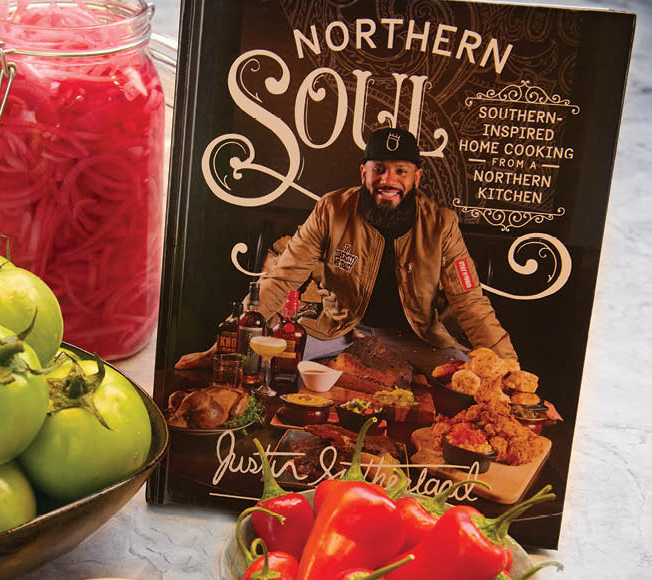 EL | You also write in your cookbook about food as a memory-maker …
EL | You also write in your cookbook about food as a memory-maker …
JS | Yeah, food is just one of those things that has this natural ability to trigger memories. You smell a stew cooking on the stove; you smell a pot of collard greens that reminds you of grandma’s house. And it’s not always positive memories: We go out to eat for celebrating things — birthdays, weddings, accomplishments; we also go out to eat when we’re grieving.
It takes you right back to that place, to that time, and to the people you shared that experience with. It has this natural ability to instantly link you back to a previous memory, and in most cases, put a smile on your face.
EL | It’s common for people to disconnect from the pleasure of food when they are focused on improving their health. What would you say to those who have forgotten the joy of eating?
JS | We need food for vitality, for sustenance, for life. But in the United States, with so much unhealthy food around us, I think that the joy of eating has kind of gotten lost. There are ways to have extremely delicious food and still have it be healthy.
At the same time, don’t deprive yourself of the connections that are formed over a meal. I’ve always said that nobody’s ever mad at a barbecue. You get together; you’re around people you love. The smells, the conversations that are had, the problems that are solved — food just brings so much joy, and if you pigeonhole it into eating just to live, you’re missing out on so much of what it has to offer.
EL | How can food help build community?
JS | I think, in American culture, we’ve gotten away from that family time. When I was growing up, my parents were extremely busy. My mom was a flight attendant working all the time, but one thing that was important, no matter what, was that we sat down at the table. We had dinner together.
Now, many of us go through the drive-through. We eat on the fly. We eat while we’re working. We eat in front of the television. I think you learn so much by just taking that time to sit down with somebody else to eat.
Eating outside of your comfort zone, and eating in different communities, and with different cultures, and in different venues — it really resonates and ultimately changes you as a person. Your eyes get opened.
And whether you realize it or not, whether it’s intentional or subconscious, the more that you spend time with other people, the more you spend time eating other people’s cuisines, the more you take yourself out of your comfort zone and just stop and smell the brisket, you’ll definitely be thankful for that.
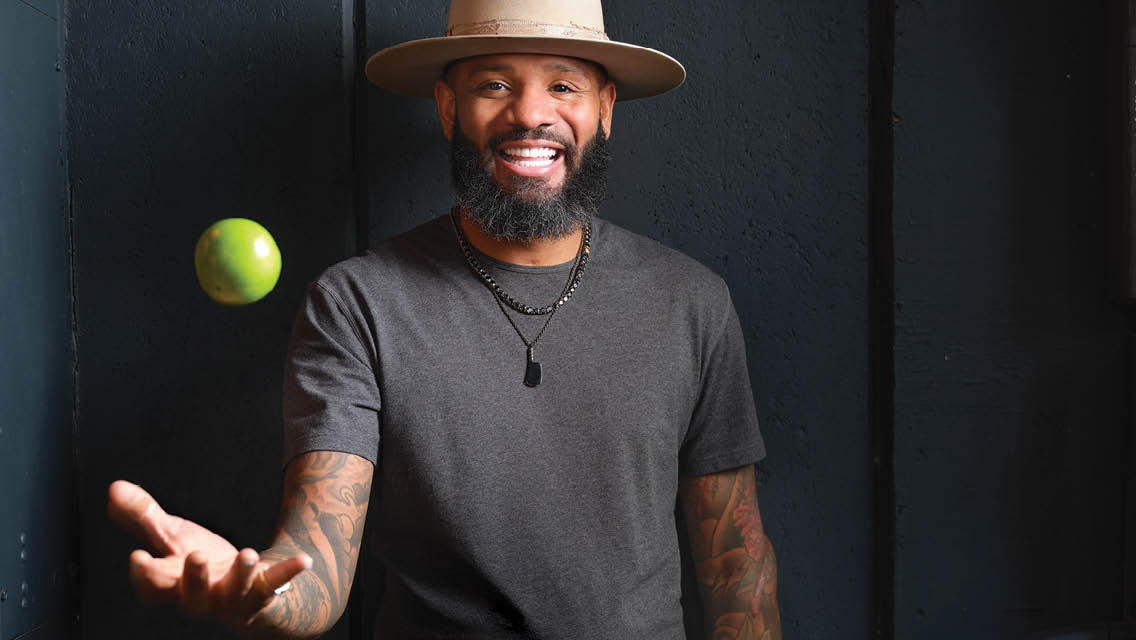
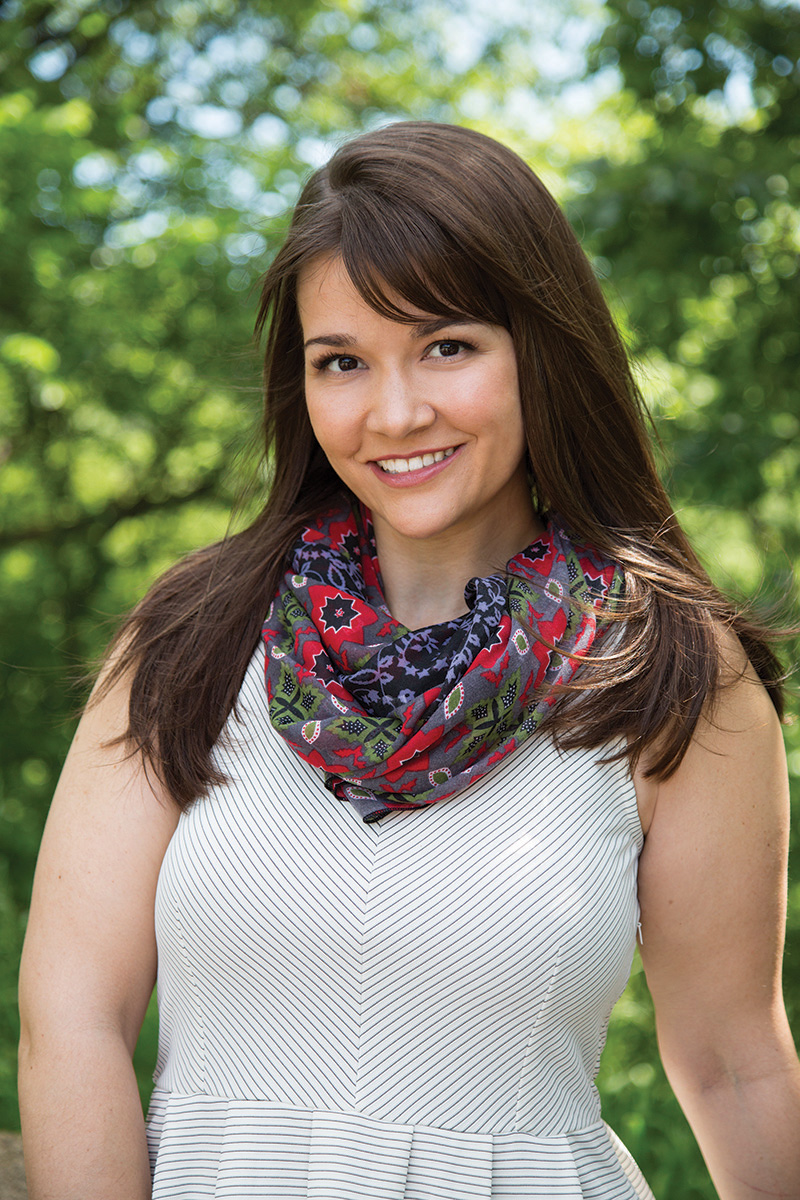
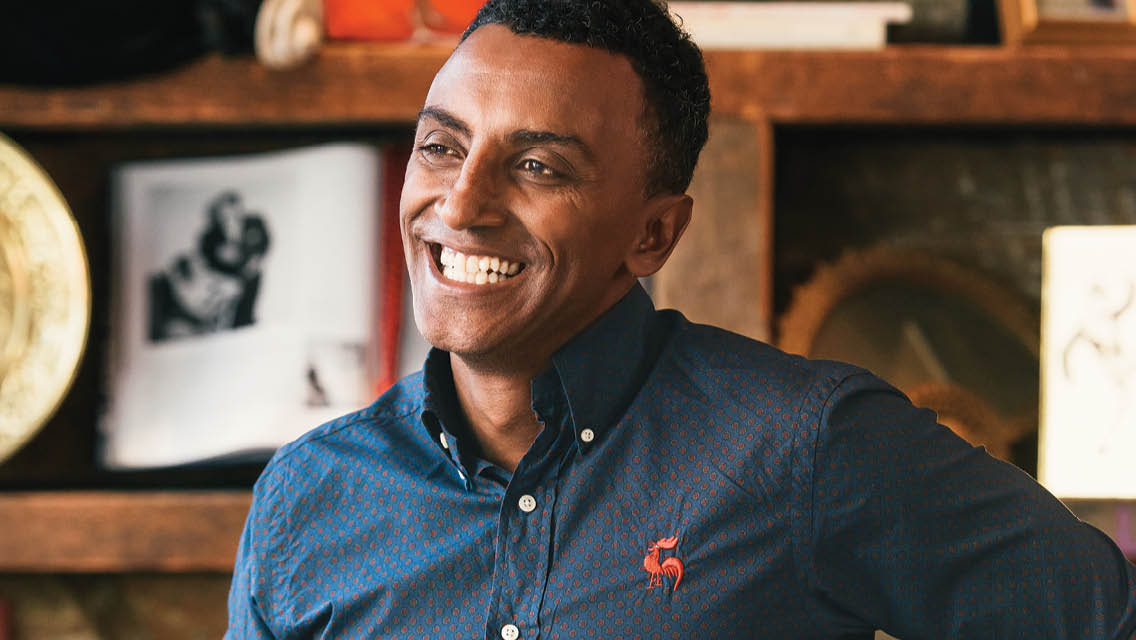
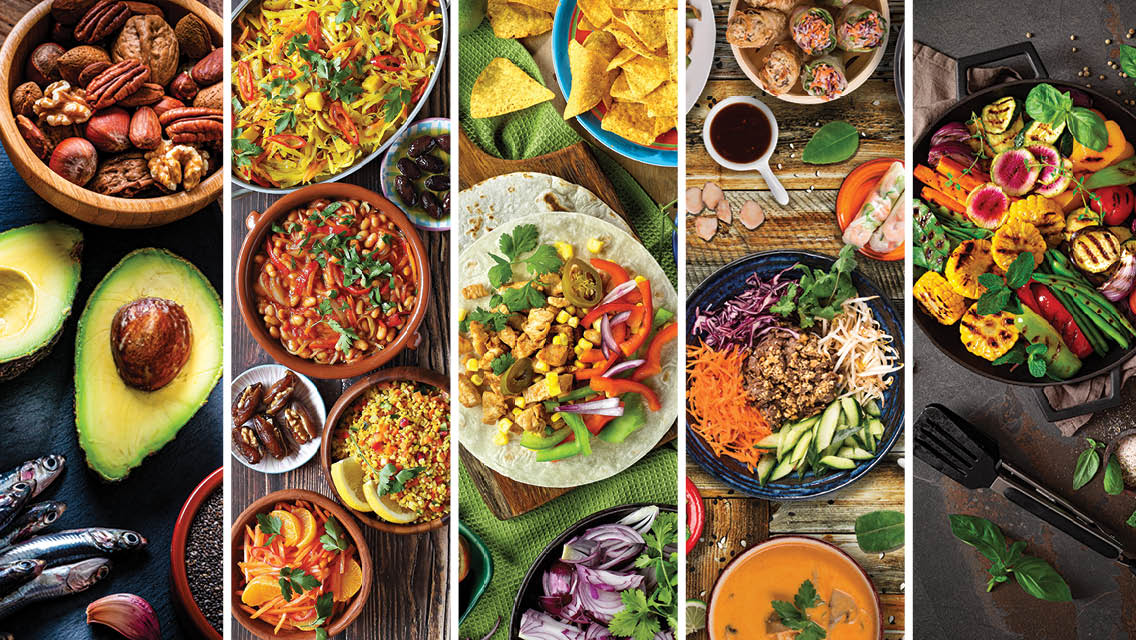

This Post Has 0 Comments